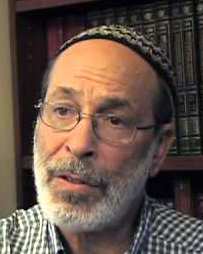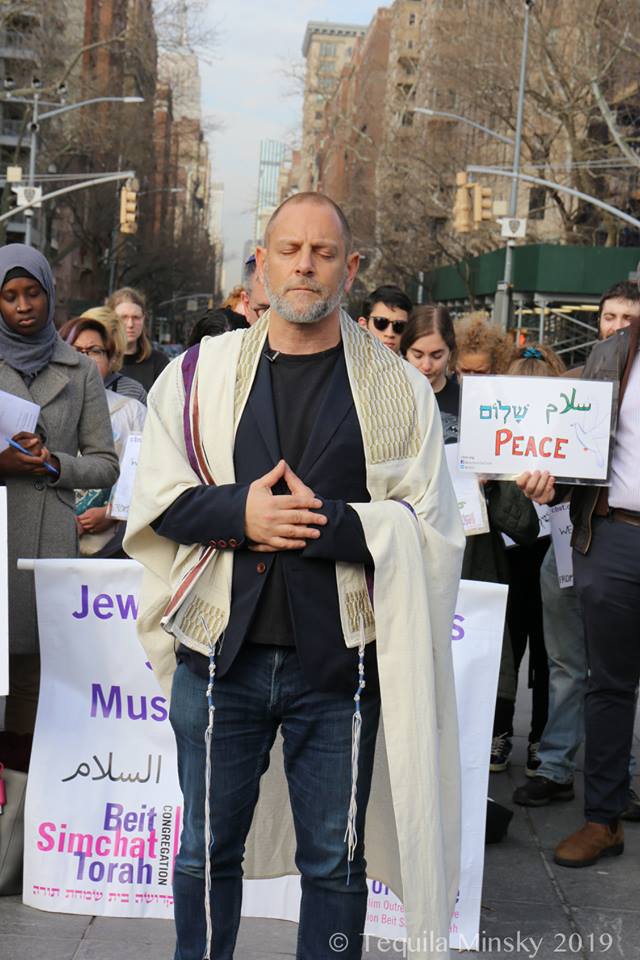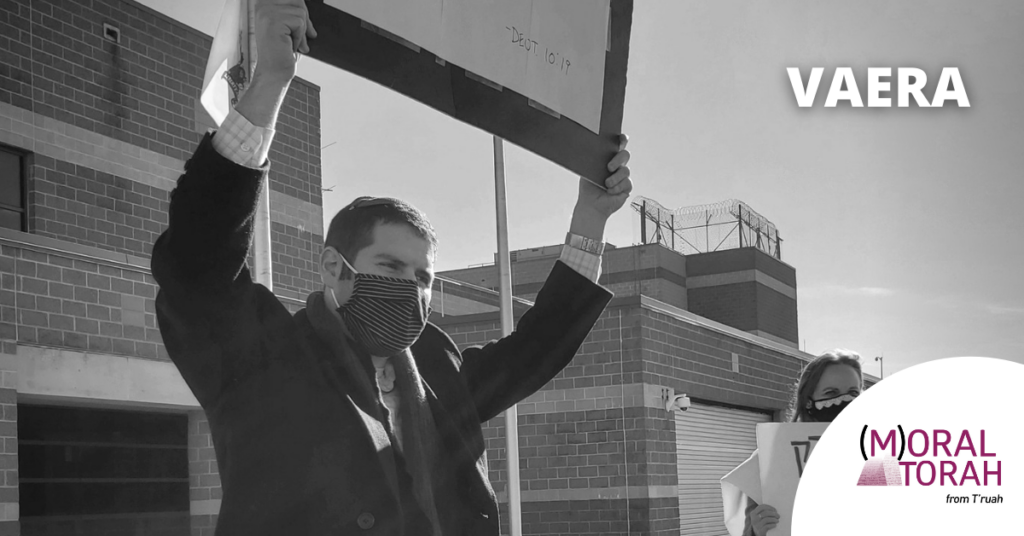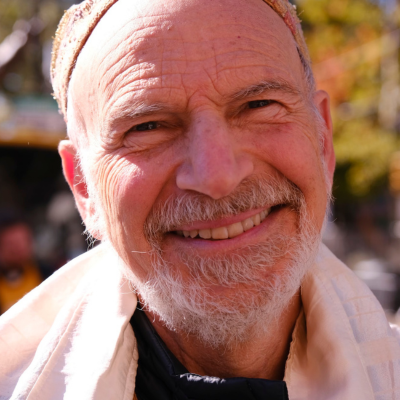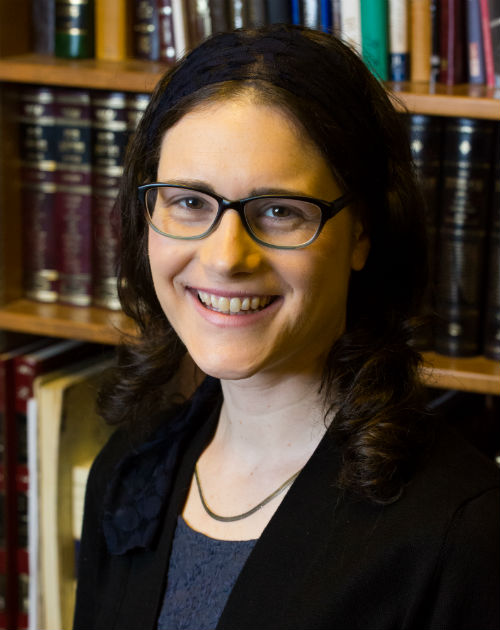
Birth, Visibility, and Justice
Ishah ki tazria. Parshat Tazria opens with laws related to a woman giving birth. The Torah’s terse account of birth screams out for interpretation, for filling in the space between these black letters with the many, and varied, experiences of birth. These stories are so necessary because people are often blind to experiences of birth,...
read more

